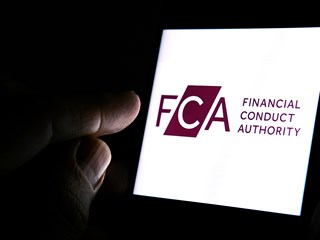Featured - Account Types
What type of savings account do you need?Find out about the different types of savings accounts available to suit a variety of needs.
Savings
ISAs
Residential
Buy to let
Specialist mortgages
Featured - Debt and your credit score
How debt impacts your credit scoreA healthy credit score has its benefits, so make sure you manage your debt correctly.
Loans
Featured - Life Insurance
Life InsuranceFor peace of mind that your loved ones will be supported financially after you die, consider taking our life insurance. Find out more and compare policies.
Home & vehicle
Health & travel
Featured - High interest current accounts
Find current accounts offering in-credit interest rates up to 5.00% AER.
Current accounts
Featured - Purchase Cards
Best purchase credit cardsExplore the best cards with a 0% introductory period.
Credit cards
Credit repair
Calculators & guides
Business savings
Business products
Business insurance
How much can I give as a cash gift?
How much can I give as a cash gift?Will your loved one's gift be tax affected?
Categories
Featured guides
- What is an investment platform
- Can you open a bank account without proof of address
- What kind of account is a trust account
- The best UK card machine and online payment services
- The rules on inheriting ISAs
- What are the costs of buying a home
- Should you increase mortgage repayments or your pension contribution
Popular news
Latest news - by category
Other money & finance news
Featured Star Ratings categories
Other Star Ratings categories
Featured - Account Types
What type of savings account do you need?Find out about the different types of savings accounts available to suit a variety of needs.
Savings
ISAs
Residential
Buy to let
Specialist mortgages
Featured - Debt and your credit score
How debt impacts your credit scoreA healthy credit score has its benefits, so make sure you manage your debt correctly.
Loans
Featured - Life Insurance
Life InsuranceFor peace of mind that your loved ones will be supported financially after you die, consider taking our life insurance. Find out more and compare policies.
Home & vehicle
Health & travel
Featured - High interest current accounts
Find current accounts offering in-credit interest rates up to 5.00% AER.
Current accounts
Featured - Purchase Cards
Best purchase credit cardsExplore the best cards with a 0% introductory period.
Credit cards
Credit repair
Calculators & guides
Business savings
Business products
Business insurance
How much can I give as a cash gift?
How much can I give as a cash gift?Will your loved one's gift be tax affected?
Categories
Featured guides
- What is an investment platform
- Can you open a bank account without proof of address
- What kind of account is a trust account
- The best UK card machine and online payment services
- The rules on inheriting ISAs
- What are the costs of buying a home
- Should you increase mortgage repayments or your pension contribution
Popular news
Latest news - by category
Other money & finance news
Featured Star Ratings categories
Other Star Ratings categories




